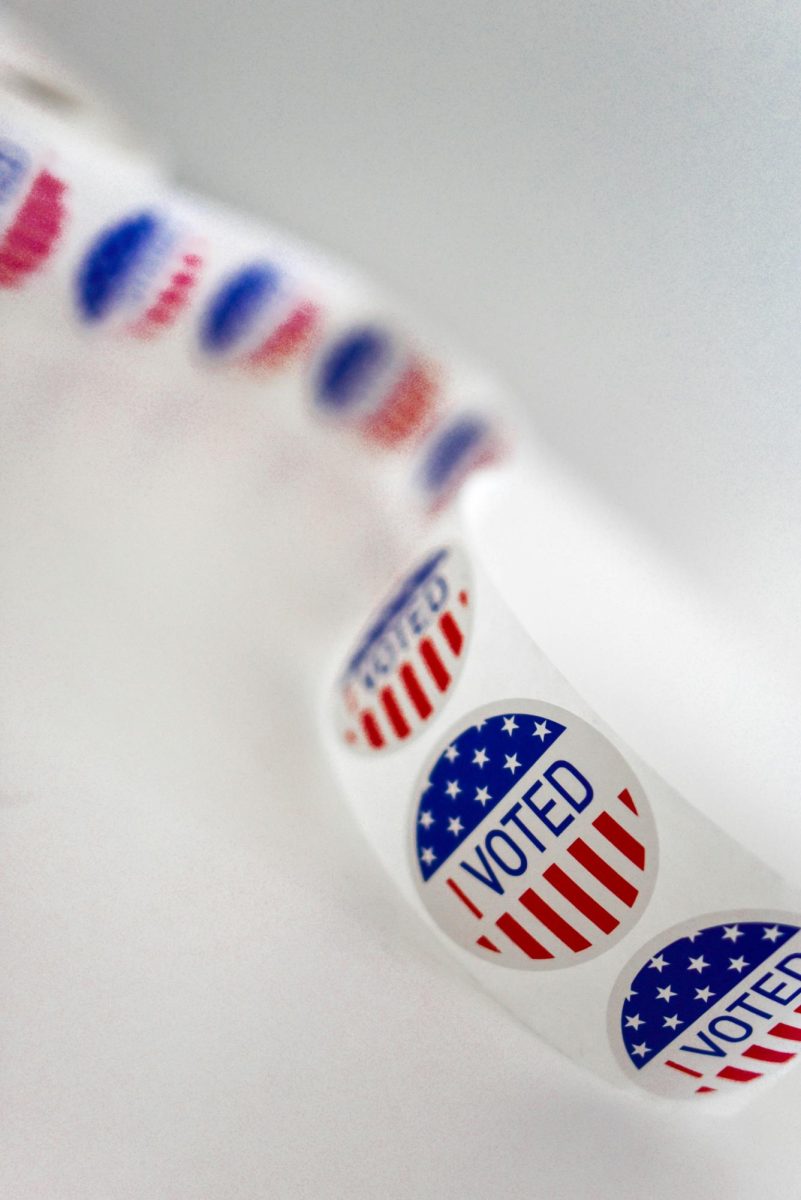Social media has had an undeniable effect on the 2024 presidential campaigns. The digital world connects the average American directly to the candidate they wish to vote for, and the intertwining of the digital and real world has changed the political landscape of the election.
Parasocial relationships have become more common with the rise of social media. Users feel connected to celebrities or content creators due to the close online proximity between the fans and the figure.
Recognizing this, creators often profit from this relationship by creating a false narrative of a familial relationship between fans. This forms the parasocial relationships that are plaguing social media users.
Influential people have tightened the familial bond through a new platform: the presidential election. Celebrities like Megan thee Stallion and Zachary Levi have endorsed candidates Kamala Harris and Donald Trump, respectively.
These endorsements have been at the forefront of election campaigns. “When I see TikTok videos of the election, my feed has mostly shown videos of celebrities endorsing the two presidential candidates,” stated junior Nishita Gudipati.
But do these endorsements mean anything?
Those with fame tend to jump on bandwagons to further their own agenda for popularity. By endorsing politicians, celebrities establish themselves as qualified individuals to make comments on the political state of the world. This leaves fans susceptible to persuasion and marketing tactics in presidential campaigns.
Social media trends like “Kamala is Brat” and the Trump bandage trend have rallied fans behind each candidate. The presidential race has turned from an examination of policy to an examination of whether the candidate is trending on social media.
The rise of political influence in social media has turned the election into a battle for internet popularity.
“I would say I see videos from Kamala Harris’s Tiktok account every day or at least four times a week. I rarely see Republican campaigns but that is just due to the lack of interaction with those posts on my end, which leads them to be left out of my algorithm,” said junior Natalie Brown.
Once celebrities establish political endorsement, their fans lose sight of policy and simply focus on the celebrity. Fans step into the blurred area of cognitive dissonance, where they abandon their values to conform to the ideologies of their idols.
In a study done by associate professor Rebecca Tukachinsky Forster, college students were shown fake tweets from a celebrity they admire. The tweets varied from agreeing or opposing the student’s stance on an issue. “After seeing a beloved celebrity (supposedly) making this statement, the students were more likely to say that the issue was not that important to them,” stated Forster.
Once a celebrity held views that did not align with the fan’s own beliefs, the fan dismissed the issue’s importance.
As the election inches closer, it is imperative Americans keep in mind the responsibility of voting in a political scheme.“What we have to do in order to do better as critical thinkers and as voters is to take voting as a right and a responsibility with consideration to other people. I have to keep other individuals and situations in mind and think about my vote very carefully if I am going to be responsible,” shared Dr. Lundberg, a teacher at PVHS.
By using critical thinking and straying away from the alluring nature of parasocial relationships, voters can find themselves prepared for Nov. 5. The people are electing the leader of the nation for the coming four years, and this decision can only be made by having accountability as consumers and voters.










